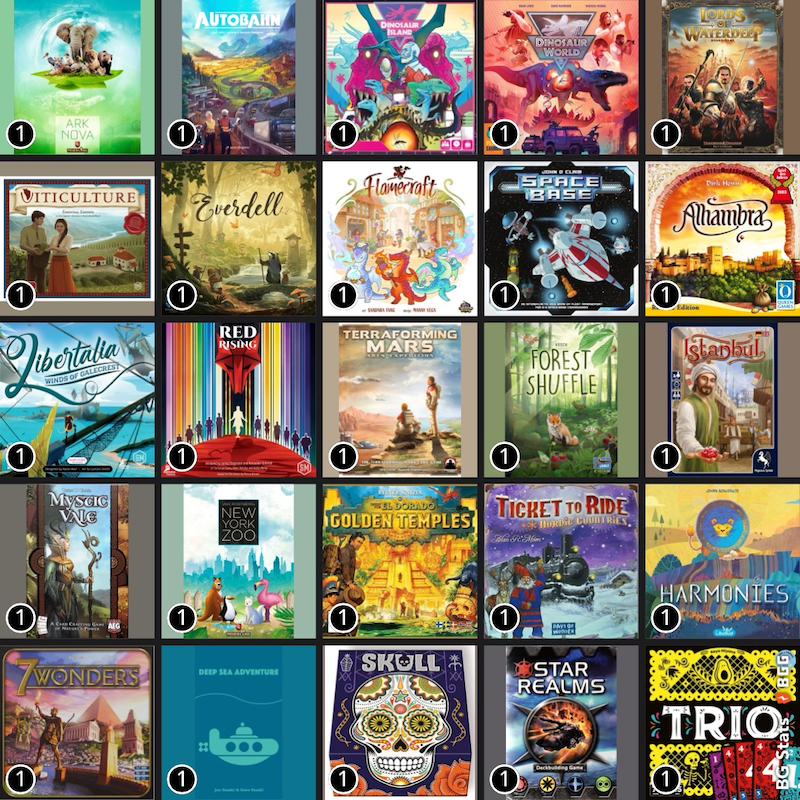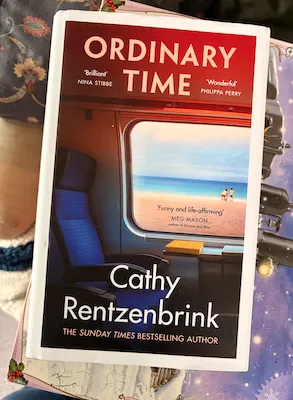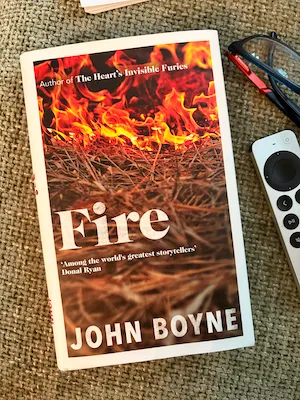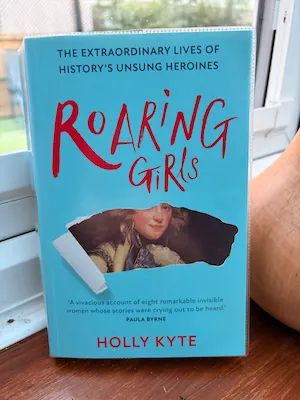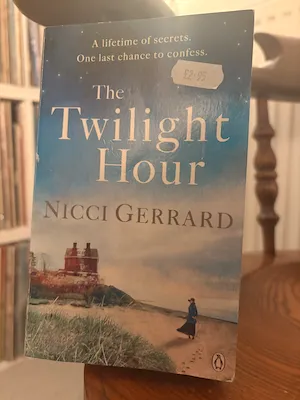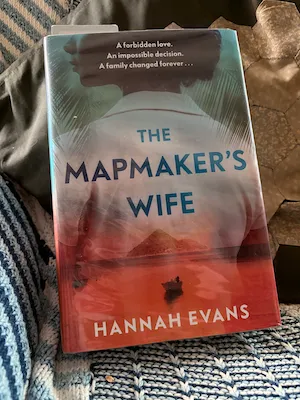Frost At Christmas
by RD Wingfield
Sunday, December 23, 2001
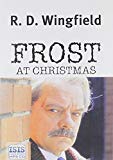
[these comments are taken from a mailing list discussion of this book and are liberally sprinkled with spoilers!!]
[on frost’s character]
I’m finding Frost to be quite an appealing character. The way the beginning of the book works with very little of Frost but plenty of the other smart, ambitious but not very friendly policemen in it made me quite sympathetic towards Frost almost before he’d turned up. He seems more honest and more real than anyone else in the book. I think the first time we saw Frost was when he’d just crashed into the other policeman’s blue Jaguar and I was rooting for him already by them. That’s my first impression anyway. I like the juxtaposition of Frost with the chief constable’s nephew and they’re reminding me a little of Dalziel and Pascoe.
I haven’t seen the TV series but I have seen trailers for it with David Jason playing Frost. This is giving me a bit of a strange scene in my head as I read because I’m imagining Frost as a kind of cross between the desciptions in the book and two of David Jason’s other TV characters that I know (Delboy and Granville) and it’s making this rather an odd read!
[were there too many mysteries?]
My problem wasn’t with the number of mysteries but with the shift in emphasis from the beginning of the book to the end. I had no problem with Frost managing to clear up numerous crimes such as the electronics theft, his 45p in his drawer or the jewellery shop robbery in addition to the main cases. What bothered me was that we began with the Tracey Uphill disappearance but later the book became almost entirely about the 1951 bank robbery. When Tracey’s body was found it was almost glossed over as if we didn’t care about that plotline any longer. The only connection between the two main cases was Martha Wendle’s involvement in both. I guess it’s realistic to have this kind of change in focus something missed the mark for me (though not nearly as badly as A Rumor of Bones did!)
[on the relationships]
Clive and Hazel annoyed me (To put this in context with other replies I was 12 in 1984). It seemed unrealistic to me, partially because of the lack of conversation prior to getting it together but mainly because Clive had made his flat out to be a cold, empty and uncomfortable place that he’d only just moved into and yet he was willing to give Hazel his keys and ask her to wait there all night for him. If Hazel had slipped Clive her keys it would have seemed more realistic to me! The only work we see Hazel doing is looking after Tracey’s mother and the portrayal of female police officers as only useful when there are women or children to be comforted is something that annoys me anyway though I suspect this isn’t unrealistic even as late as 1984.
I initially thought Shirley was a prostitute. The way Frost turned up on her doorstep in the early hours of the morning expecting her to take him in made me think that he was paying her. It was obvious the relationship was longstanding and tender and it did add some depth to Frost’s character, I felt the way that he left straight away to work again underlined his workaholicness. It’s said several times that he has nothing to go home for but we see that even when he does have a reason to stay in bed he’d rather be working.
I liked the relationship between Frost and Clive, they are total opposites in so many ways. I was disappointed that Clive didn’t seem to learn anything from Frost though, I’d have liked to have seen his character develop a little as a result of their acquaintance. I’m surprised to hear that Clive isn’t in the other books as I’d imagined that this was a partnership being se up for the series.
[on the animal deaths]
I’m with Frost on not quite understanding how people can take the murder of a person in their stride but break up when faced with injury to an animal. I think the reactions of the people in the book are quite realistic though.
[were the murderers obvious?]
In the bank robbery case there were a limited pool of suspects and Powell seemed the most obvious. Though the reporter, Sandy Lane, told us that he got his first byline on the bank robbery case and I wondered if he was involved based on the theory of the least likely suspect.
Martha killing Tracey seemed to come out of the blue. I could understand her accidentally killing Tracey in rage over her kitten’s murder but the idea that Tracey would taunt the animals didn’t seem to fit.
[on the ending]
I’d forgetten all about the prologue so I didn’t see the ending coming and in retrospect I can’t see what the point of the prologue was. It’s one of those prologues that screams “here’s something exciting to keep you going until the plot gets interesting” except I thought the plot in the beginning was quite interesting anyway. I didn’t find anything ambiguous in the ending but it didn’t satisfy me either.
I had problems with various bits of this book, Mike’s already pointed a number of them out. They didn’t seem to mention that it would be dark at 4.30 in mid December when Tracey left Sunday school. I’ve never heard of a Sunday school that goes on all day, all the ones I’ve come across tend to take place for an hour or so on Sunday morning whilst all the adults are at a church service. Why was Martha Wendle able to get into the vicarage so easily? It’s made out that she’d hired a room from the church but easy access between a hired room and the vicar’s private residence didn’t seem reasonable to me. The access via the coal chute had me rolling me eyes but I was glad to find Garwood’s inside door had been secured (if not terribly well) although there was a reference to Garwood being clean and not having made up the fire which would suggest that there was coal still in use in his house though it would be unusual to have coal as the sole source of heat in 1984. Also they used pound notes which were replaced by coins in 1983 but that only sets the book back a couple of years before publication whch is fair enough.

